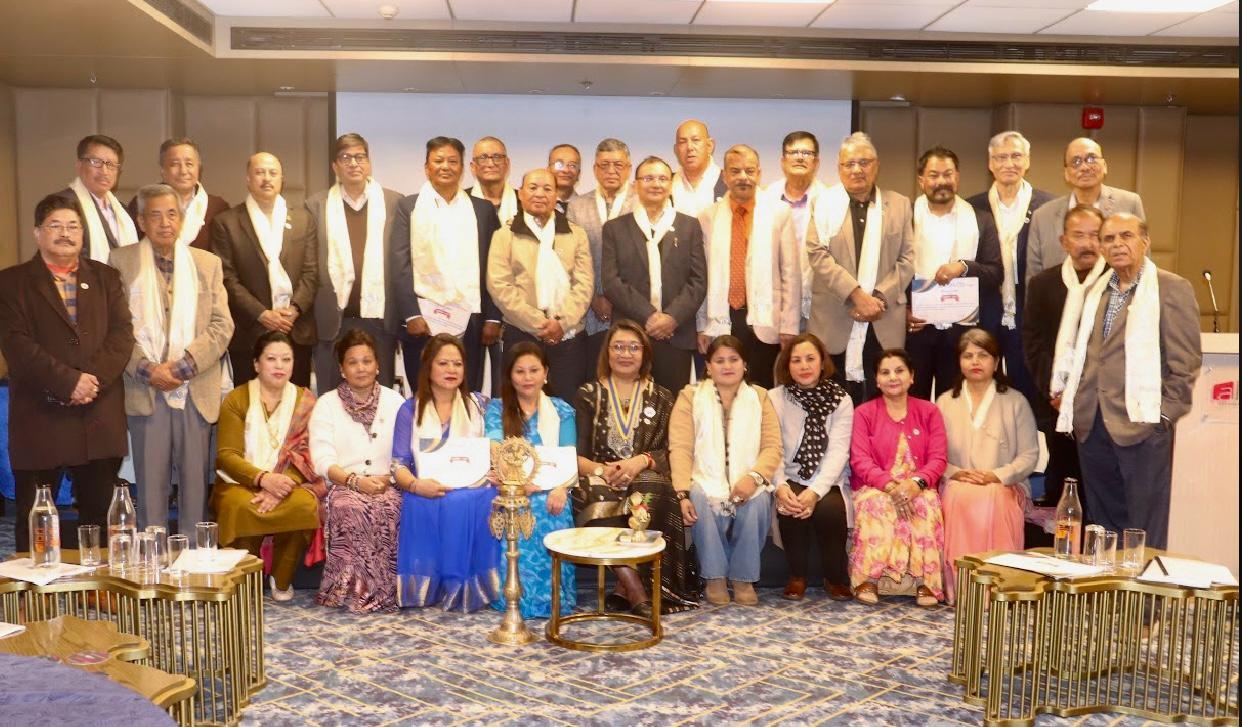N-PABSAN Warns: Legal Pressure on Private Schools Threatens Nepal’s Education Future
2nd August 2025, Kathmandu
The National Private and Boarding Schools’ Association Nepal (N-PABSAN) has issued a stern warning that escalating legal and administrative pressure on private schools could plunge the nation’s education sector into a severe crisis.
N-PABSAN Warns Legal Pressure
In a joint press statement released on Friday by N-PABSAN President and Founder Geeta Rana Chhetri and General Secretary Pratap Thapa, the organization highlighted a growing contradiction between constitutional guarantees and recent governmental actions impacting private educational institutions.
Nepal’s Constitution, through Articles 31 and 51, explicitly ensures the right to education for all citizens and envisions an education system that is scientific, employment-oriented, and people-centered. However, N-PABSAN argues that current pressures on private schools directly undermine these foundational principles.
The Role of Private Schools in Nepalese Education
Private schools play a significant role in the Nepalese educational landscape, catering to approximately 34% of the student population, while community schools serve the remaining 66%.
N-PABSAN emphasizes that these private institutions have substantially alleviated the government’s financial burden by providing quality education, often filling gaps where public provision may be lacking.
A key challenge highlighted by N-PABSAN is the financial strain faced by private schools. These institutions are heavily reliant on student fees to cover crucial operational costs, including staff salaries, scholarships, social security and provident funds, rent, and utility expenses. The existing mandate for a 10% scholarship allocation, coupled with prevalent issues of unpaid fees from parents, has pushed a significant number of private schools to a “dire condition.”
Constitutional Rights and the Way Forward
N-PABSAN stressed that parents who enroll their children in private schools do so with considerable effort and sacrifice, seeking quality education. Therefore, any move that unfairly increases the burden of fee hikes on these parents would be detrimental. The organization cautioned that without reconsideration and constructive dialogue on school fees, the quality of private education could face severe repercussions.
Furthermore, the association referenced Article 25 of the Constitution, which safeguards the right to acquire, own, and operate property and business. Based on this, N-PABSAN asserts that the state lacks the authority to nationalize private educational institutions.
The organization urged the government to formulate policies that prioritize the long-term interests and future of Nepalese students, warning that undue pressure on privately-run schools could ultimately harm the entire education sector.
About The National Private and Boarding Schools’ Association Nepal (N-PABSAN)
The National Private and Boarding Schools’ Association Nepal (N-PABSAN) stands as a prominent and established organization dedicated to representing and supporting private and boarding schools across Nepal. Since its inception, N-PABSAN has been instrumental in fostering collaboration among private educational institutions and significantly contributing to enhancing educational quality and the overall development of the private school sector. The association acts as a unified voice for private schools, advocating for their rights, addressing their concerns, and actively engaging with governmental bodies to shape educational policies and reforms crucial for Nepal’s academic future. N-PABSAN remains committed to upholding high educational standards, encouraging best practices, and promoting innovative teaching methodologies to ensure quality education for all Nepalese students.
For more: N-PABSAN Warns Legal Pressure







